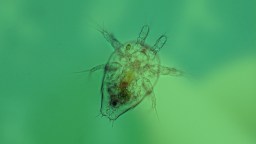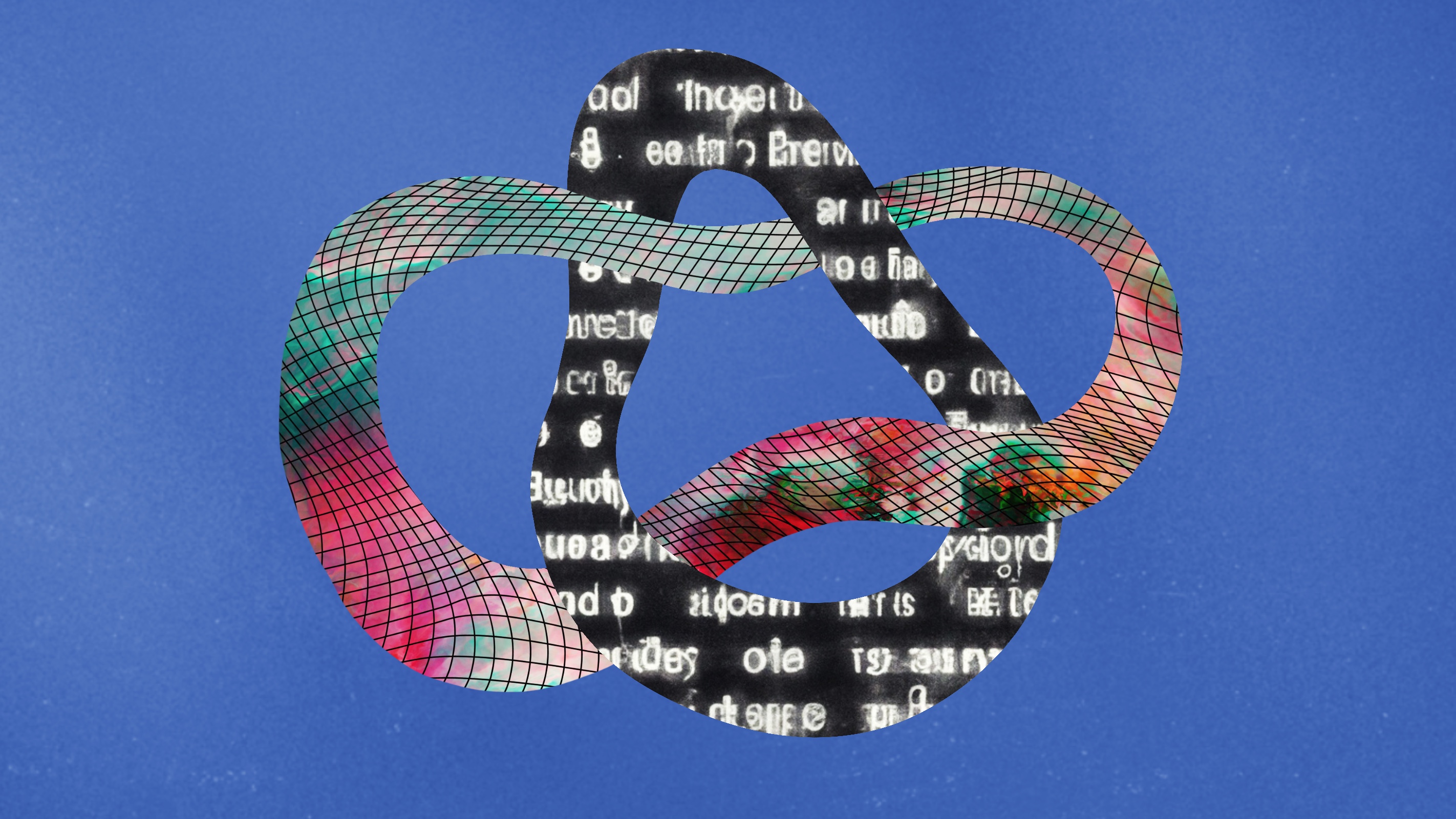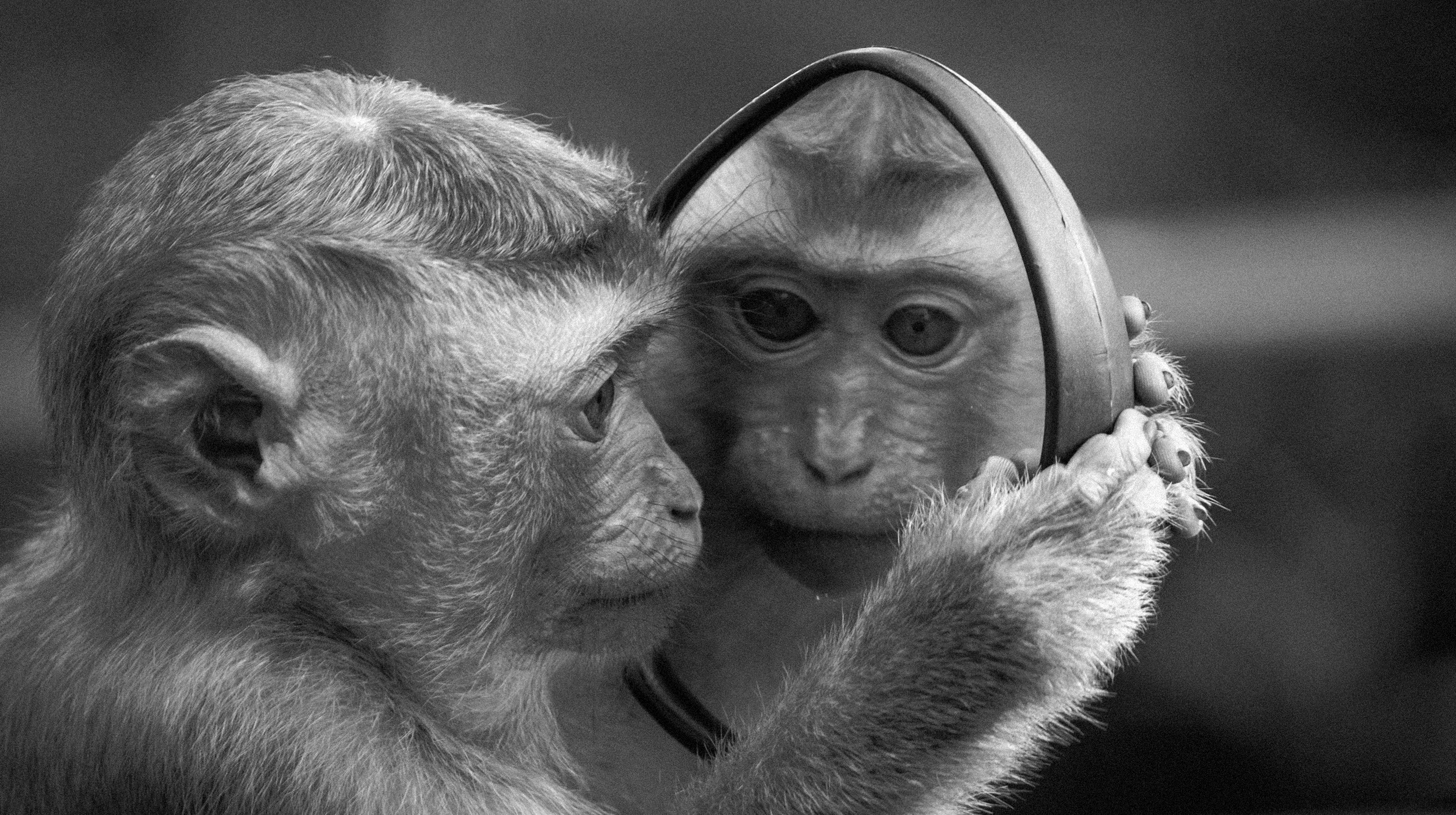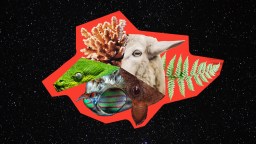life
Nobel Prize-winning scientist Paul Nurse defines the 5 core principles of life.
▸
8 min
—
with
Life is the only physical system that actively uses information.
Researchers at the University of Illinois Chicago find that death triggers increased activity in certain brain cells.
75 years after Erwin Schrödinger’s prescient description of something like DNA, we still don’t know the “laws of life.”
How do you get usable phosphorus into a system? A new study suggests lightning can do the trick.
What makes some people more likely to shiver than others?
And if they could, would they care, asks philosopher John Gray in his new book.
By 2050, there may be more plastic than fish in the sea.
The results could help NASA’s Perseverance rover find evidence of ancient life on Mars.
After 20 months, scientists find lab-dish brain cells matured at a similar rate to those of an actual infant.
A large new study puts caffeine-drinking moms on alert.
Researchers analyze prehistoric viruses in animals dug out from the Siberian permafrost.
One million year old mammoth DNA more than doubles the previous record and suggests that even older genomes could be found.
Robot developers adapt the behavior of worm “blobs”.
A new paper explores how noise from human activities pollutes the oceans, and what we can do to fix it.
Did America’s collective mental health get worse (and then better) after the first COVID-19 lockdown?
What can ‘behaviorism’ teach us about ourselves?
A new study finds that dogs fed fresh human-grade food don’t need to eat—or do their business—as much.
How do these little beasties detect light anyway?
Ari Loeb, who suggested in 2018 that the mysterious object was an alien craft, is back to discuss the evidence.
New research identifies 16 different COVID-19 personality types and the lessons we can learn from this global pandemic.
The space agency describes the process of landing rovers on Mars as “seven minutes of terror.”
In her book The Art of Rest, one researcher conducted a thorough analysis of the top 10 activities we find most restful.
A recent study showed that monkeys can make logical choices when given an A or B scenario.
Scientists discover burrows of giant predator worms that lived on the seafloor 20 million years ago.
How would the ability to genetically customize children change society? Sci-fi author Eugene Clark explores the future on our horizon in Volume I of the “Genetic Pressure” series.
The search for alien life is far too human-centric. Our flawed understanding of what life really is may be holding us back from important discoveries about the universe and ourselves.
▸
6 min
—
with
Is death the final frontier? We ask scientists, philosophers, and spiritual leaders about life after death.
▸
14 min
—
with





























